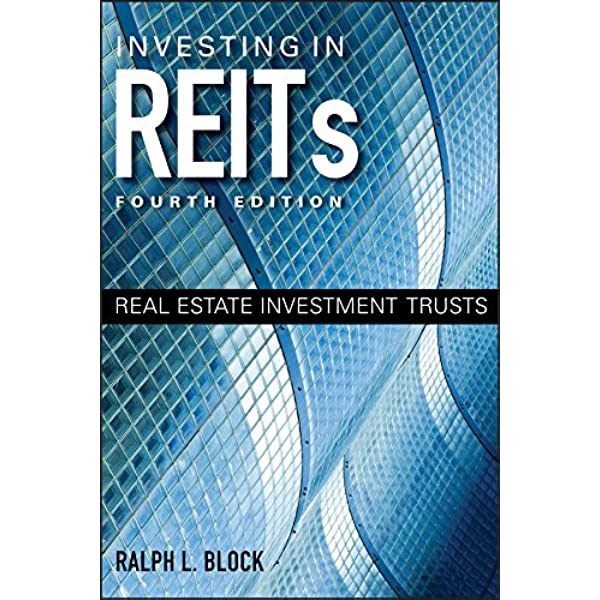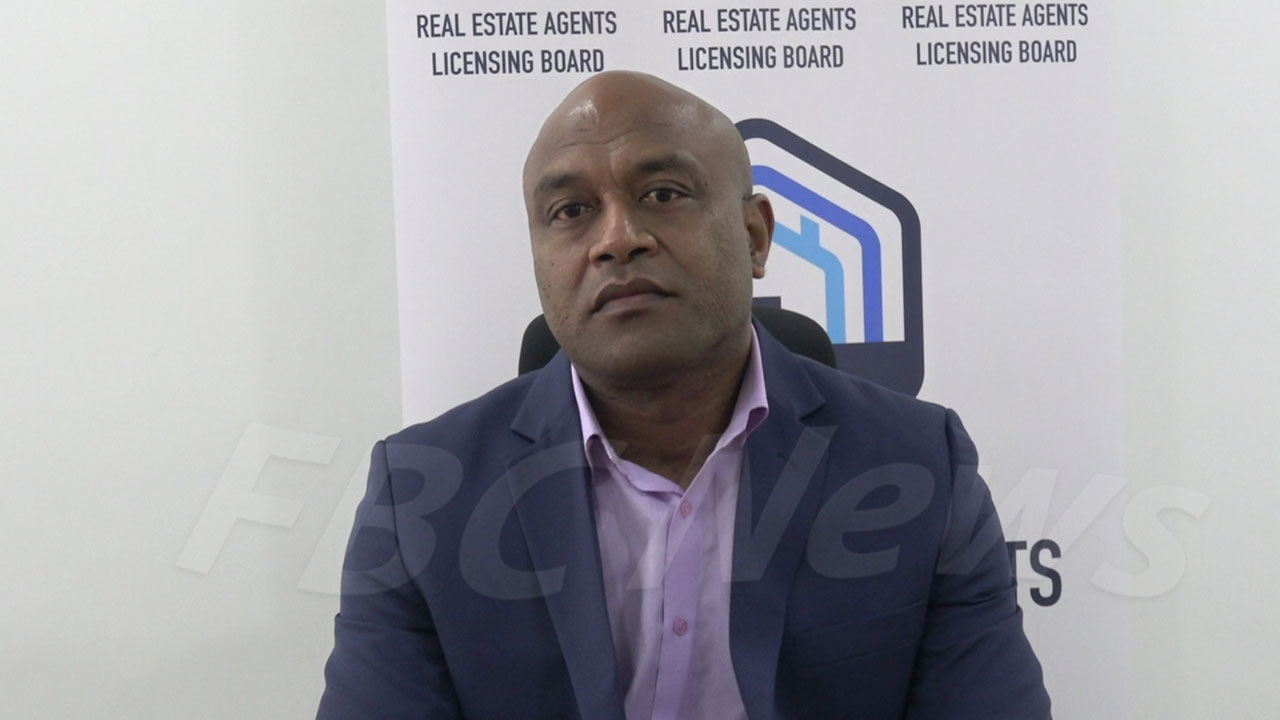
Real estate agent fees vary from one brokerage to another, but the average coldwell banker realtor fee is between 5% and 6% of the sale price. This number represents the commission that a realtor receives from a home sale as well as other costs such franchise fees, desk fees or royalties.
How Much Does a Realtor Make?
In most states the home seller pays a commission to the buyer’s agent. This amount is usually based the selling price of the property and can be paid upfront or at closing. It's also important to note that in some areas, a seller's agent is required to disclose any issues with the property to the buyer before the sale, such as lead paint, water damage, or other conditions that would be costly to repair.
What percent commission do real estate agents make?
Typically, the commission that a realtor makes on a home sale is divided between them and their broker. The commission split could be a percentage or capped depending on the policies of the company.

The majority of the time, a realtor will start out with a 50-50 commission split and move up to a 60-40 or 70-30 commission split as they gain experience or sell more homes. You should do your research to find Coldwell Banker agents in your area who offer the highest possible commission split.
What is the average Coldwell Banker agent's salary?
Coldwell Banker has the largest real estate agency in the country. It has over 3,000 offices worldwide and serves 49 countries. Agents are provided with top-quality training, access to technology, and many educational opportunities to boost their business.
Agents who are looking to advance their careers will find it a great place to work. It offers an excellent training program, a supportive and professional management team, and a friendly environment.
The company is a great place to work, but some agents feel like they're not getting enough support from managers. Agents feel unsupported when it comes time to find clients and secure listings.

A quality Coldwell Banker broker offers continuing education, a friendly and knowledgeable team, flexible hours and the ability to work around other commitments. They will help agents manage last-minute showings, floortime, and other services that make their life easier.
You should always compare the fees charged by coldwell banker to different brokerages, regardless of whether you are a new or experienced agent. This will help you save money on your real estate transaction and ensure that you're getting a fair deal for your home sale.
What is the average commission for a Coldwell Banker real estate broker to sell your home?
The average commission a realtor gets for selling a property is between 5% - 6% of its total value. This number includes both the buyer's agent and seller's commissions. The buyer's agents will typically get a greater commission than the seller’s agent. But this depends on how competitive and well-priced the home.
FAQ
How many times can my mortgage be refinanced?
It all depends on whether your mortgage broker or another lender is involved in the refinance. You can typically refinance once every five year in either case.
What are the key factors to consider when you invest in real estate?
First, ensure that you have enough cash to invest in real property. You can borrow money from a bank or financial institution if you don't have enough money. Aside from making sure that you aren't in debt, it is also important to know that defaulting on a loan will result in you not being able to repay the amount you borrowed.
Also, you need to be aware of how much you can invest in an investment property each month. This amount should include mortgage payments, taxes, insurance and maintenance costs.
Finally, you must ensure that the area where you want to buy an investment property is safe. It would be best if you lived elsewhere while looking at properties.
Do I need flood insurance
Flood Insurance covers flooding-related damages. Flood insurance helps protect your belongings, and your mortgage payments. Learn more about flood coverage here.
Statistics
- 10 years ago, homeownership was nearly 70%. (fortunebuilders.com)
- Over the past year, mortgage rates have hovered between 3.9 and 4.5 percent—a less significant increase. (fortunebuilders.com)
- This means that all of your housing-related expenses each month do not exceed 43% of your monthly income. (fortunebuilders.com)
- When it came to buying a home in 2015, experts predicted that mortgage rates would surpass five percent, yet interest rates remained below four percent. (fortunebuilders.com)
- The FHA sets its desirable debt-to-income ratio at 43%. (fortunebuilders.com)
External Links
How To
How to Manage a Rental Property
Although renting your home is a great way of making extra money, there are many things you should consider before you make a decision. We will show you how to manage a rental home, and what you should consider before you rent it.
If you're considering renting out your home, here's everything you need to know to start.
-
What factors should I first consider? Take a look at your financial situation before you decide whether you want to rent your house. If you have debts, such as credit card bills or mortgage payments, you may not be able to afford to pay someone else to live in your home while you're away. Your budget should be reviewed - you may not have enough money to cover your monthly expenses like rent, utilities, insurance, and so on. This might be a waste of money.
-
What is the cost of renting my house? There are many factors that influence the price you might charge for renting out your home. These factors include the location, size and condition of your home, as well as season. Remember that prices can vary depending on where your live so you shouldn't expect to receive the same rate anywhere. Rightmove shows that the median market price for renting one-bedroom flats in London is approximately PS1,400 per months. This means that if you rent out your entire home, you'd earn around PS2,800 a year. This is a good amount, but you might make significantly less if you let only a portion of your home.
-
Is it worth the risk? Although there are always risks involved in doing something new, if you can make extra money, why not? It is important to understand your rights and responsibilities before signing anything. Renting your home won't just mean spending more time away from your family; you'll also need to keep up with maintenance costs, pay for repairs and keep the place clean. Before you sign up, make sure to thoroughly consider all of these points.
-
Are there any advantages? It's clear that renting out your home is expensive. But, you want to look at the potential benefits. There are many reasons to rent your home. You can use it to pay off debt, buy a holiday, save for a rainy-day, or simply to have a break. No matter what your choice, renting is likely to be more rewarding than working every single day. You could make renting a part-time job if you plan ahead.
-
How do I find tenants? Once you decide that you want to rent out your property, it is important to properly market it. Make sure to list your property online via websites such as Rightmove. Once you receive contact from potential tenants, it's time to set up an interview. This will enable you to evaluate their suitability and verify that they are financially stable enough for you to rent your home.
-
How do I ensure I am covered? If you fear that your home will be left empty, you need to ensure your home is protected against theft, damage, or fire. You will need insurance for your home. This can be done through your landlord directly or with an agent. Your landlord will usually require you to add them as additional insured, which means they'll cover damages caused to your property when you're present. If you are not registered with UK insurers or if your landlord lives abroad, however, this does not apply. You will need to register with an International Insurer in this instance.
-
It's easy to feel that you don't have the time or money to look for tenants. This is especially true if you work from home. Your property should be advertised with professionalism. You should create a professional-looking website and post ads online, including in local newspapers and magazines. You'll also need to prepare a thorough application form and provide references. Some prefer to do it all themselves. Others hire agents to help with the paperwork. In either case, be prepared to answer any questions that may arise during interviews.
-
What happens once I find my tenant If there is a lease, you will need to inform the tenant about any changes such as moving dates. If you don't have a lease, you can negotiate length of stay, deposit, or other details. Keep in mind that you will still be responsible for paying utilities and other costs once your tenancy ends.
-
How do you collect rent? When the time comes for you to collect the rent you need to make sure that your tenant has been paying their rent. If they haven't, remind them. After sending them a final statement, you can deduct any outstanding rent payments. If you're struggling to get hold of your tenant, you can always call the police. If there is a breach of contract they won't usually evict the tenant, but they can issue an arrest warrant.
-
How do I avoid problems? It can be very lucrative to rent out your home, but it is important to protect yourself. Install smoke alarms, carbon monoxide detectors, and security cameras. Make sure your neighbors have given you permission to leave your property unlocked overnight and that you have enough insurance. Finally, you should never let strangers into your house, even if they say they're moving in next door.